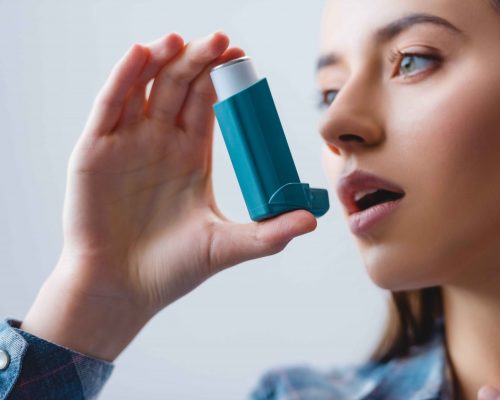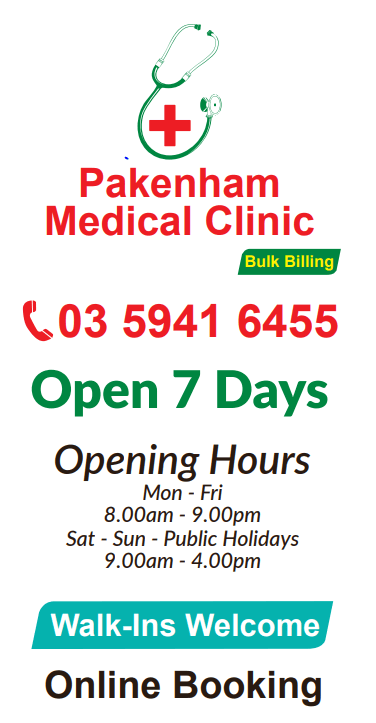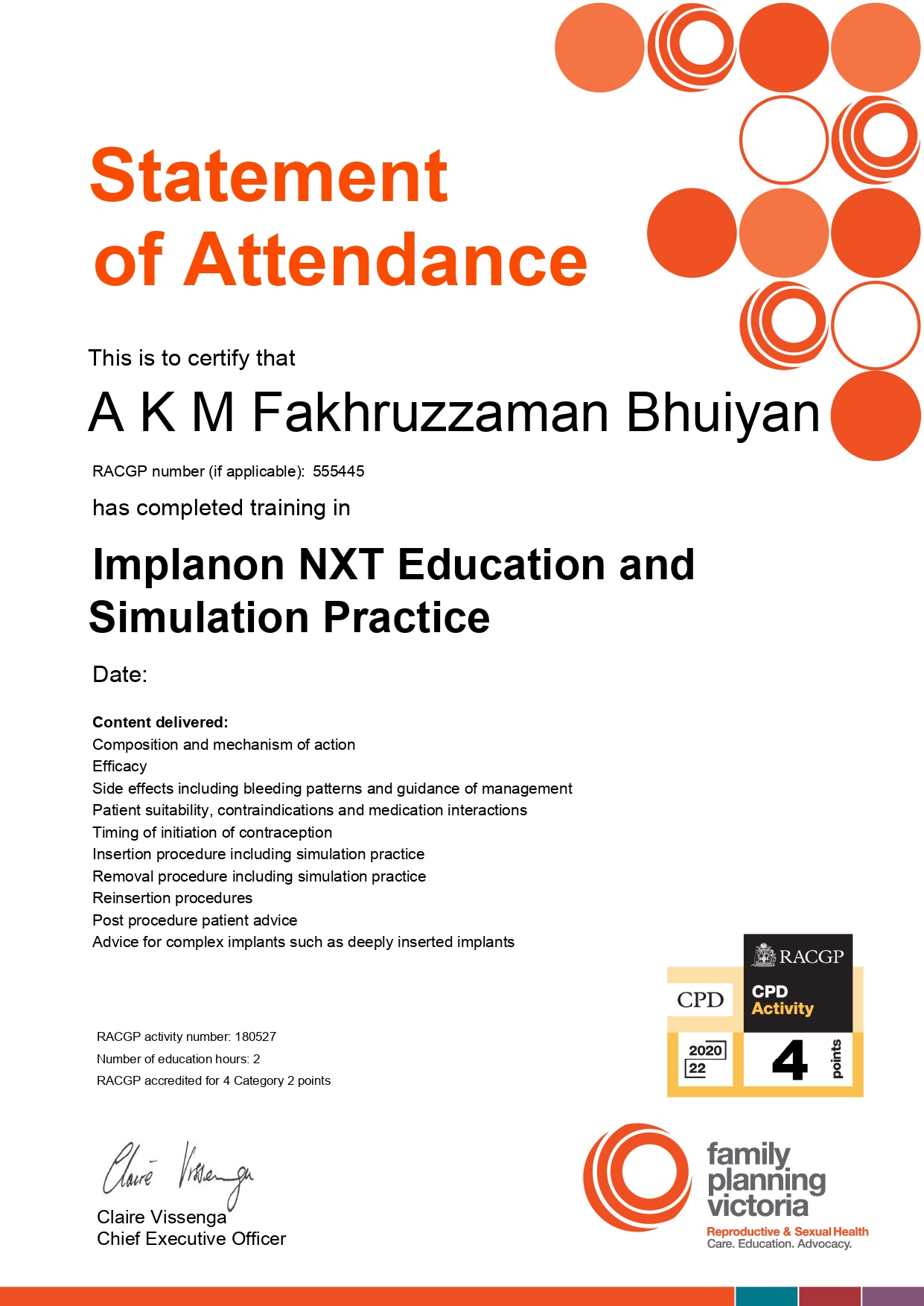Asthma is caused by long-term inflammation of the bronchioles (breathing passages) of the lungs.Children suffering from asthma often face that their lungs and airways get inflamed easily as a result of exposure to triggers such as pollen. Childhood asthma may even flare up as a result of cold or respiratory infection.
The common signs and symptoms of asthma include:
- Frequent cough
- Wheezing sound heard during breathing
- Shortness of breath and coughing
- Feeling of tightness in the chest
- Pain in the chest

Lung function test (spirometry) is conducted to measure the amount of air exhaled by the affected patient. Allergy skin testing may also be done. In younger children, diagnosis is done based on the information provided about symptoms because lung function tests tend to be inaccurate before 6 years of age.
Treatment
Treatment of asthma includes prevention of symptoms and treatment of progressive asthma attacks. Long-term control medications such as inhaled corticosteroids, leukotriene modifiers, and theophylline are preventive medications that can be taken every day to reduce inflammation of the child’s airways. Quick-relief medications such as short acting beta agonists, oral and intravenous corticosteroids provide rapid relief from symptoms during an asthma attack.
Inhaled medication devices
Inhaled short- and long-term control medications are used by inhaling measured amounts of the medication. For infants, a face mask attached to a metered dose inhaler is used which helps the child to inhale correct amount of medicine. In older children, a small hand-held device or a pressurized metered dose inhaler is used which releases fine powder of medicine that is easier for the child to inhale.
Our experienced GPs recognise the importance of diagnosing and managing asthma. Our GPs use peak flow meters and refer patients for spirometry. They perform regular reviews and provide asthma management plans and preventive and reliever medications as appropriate.



